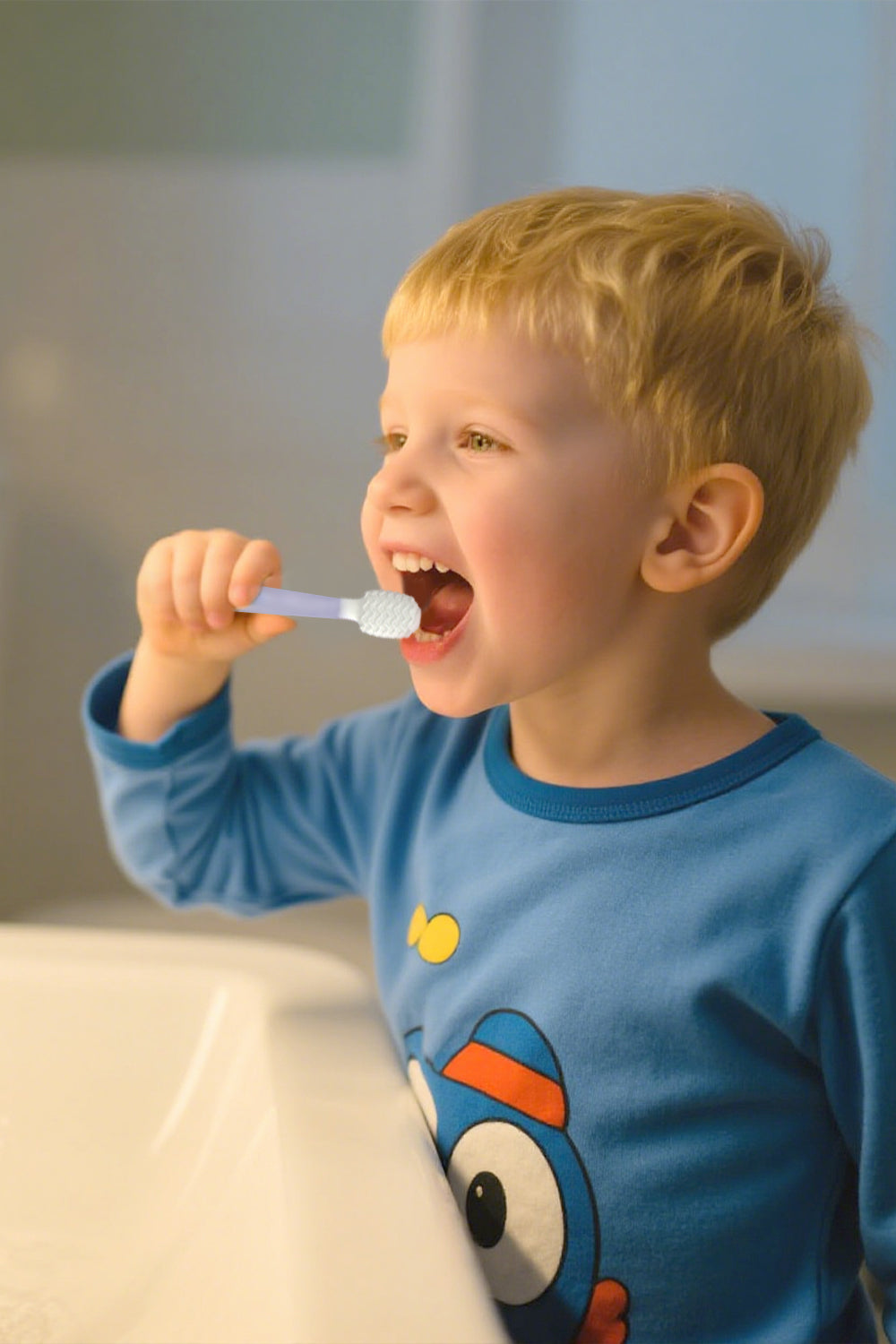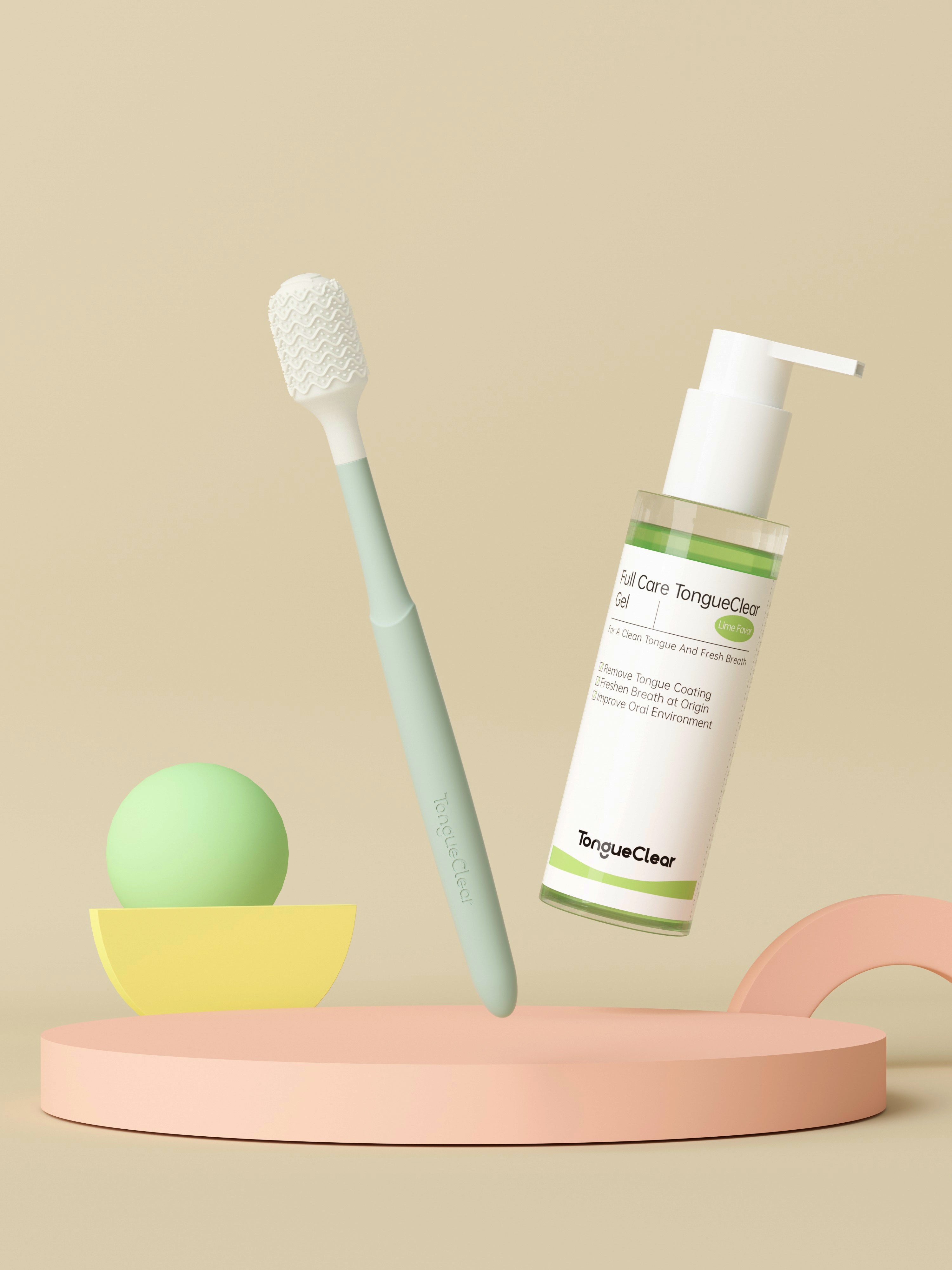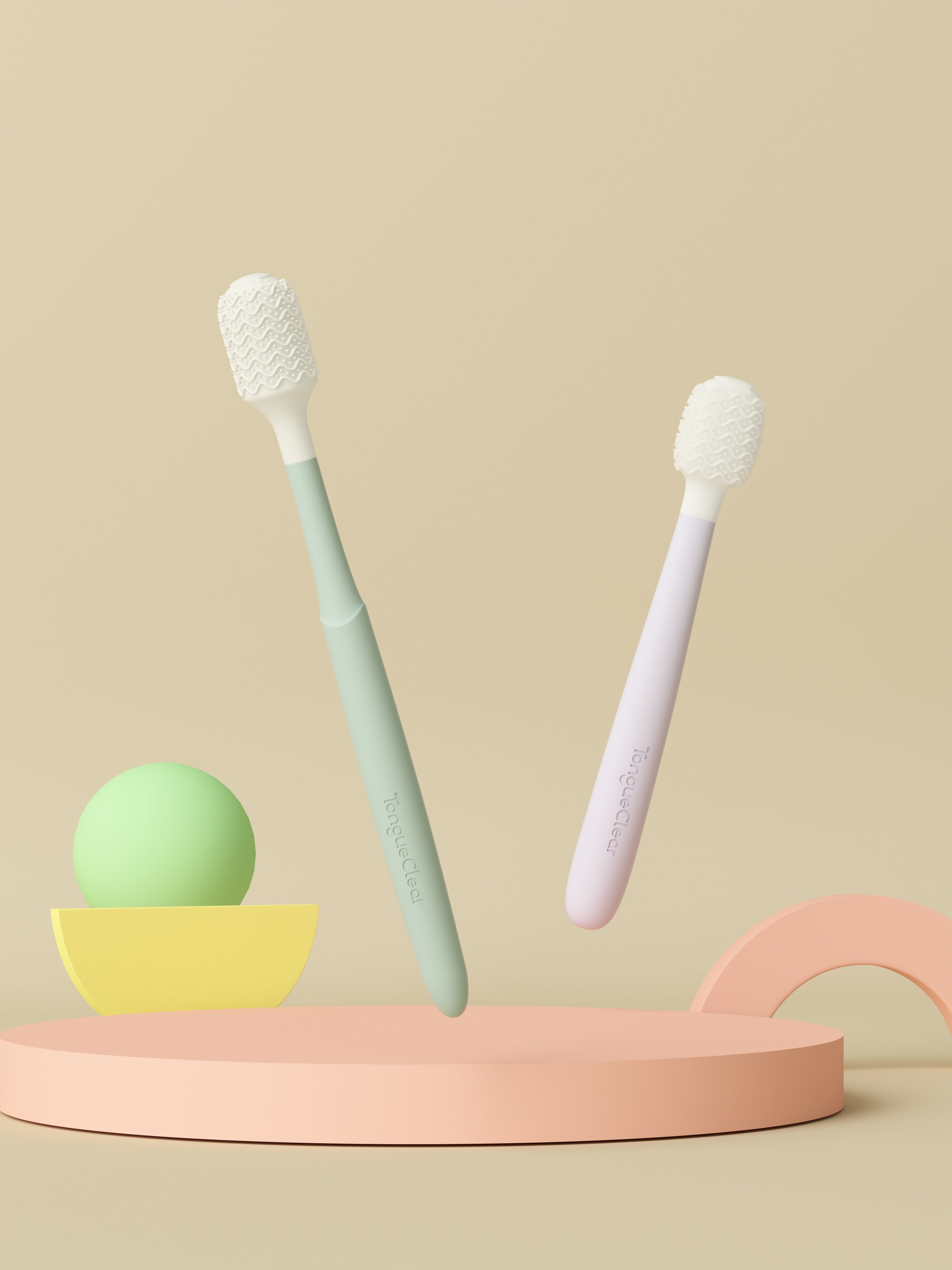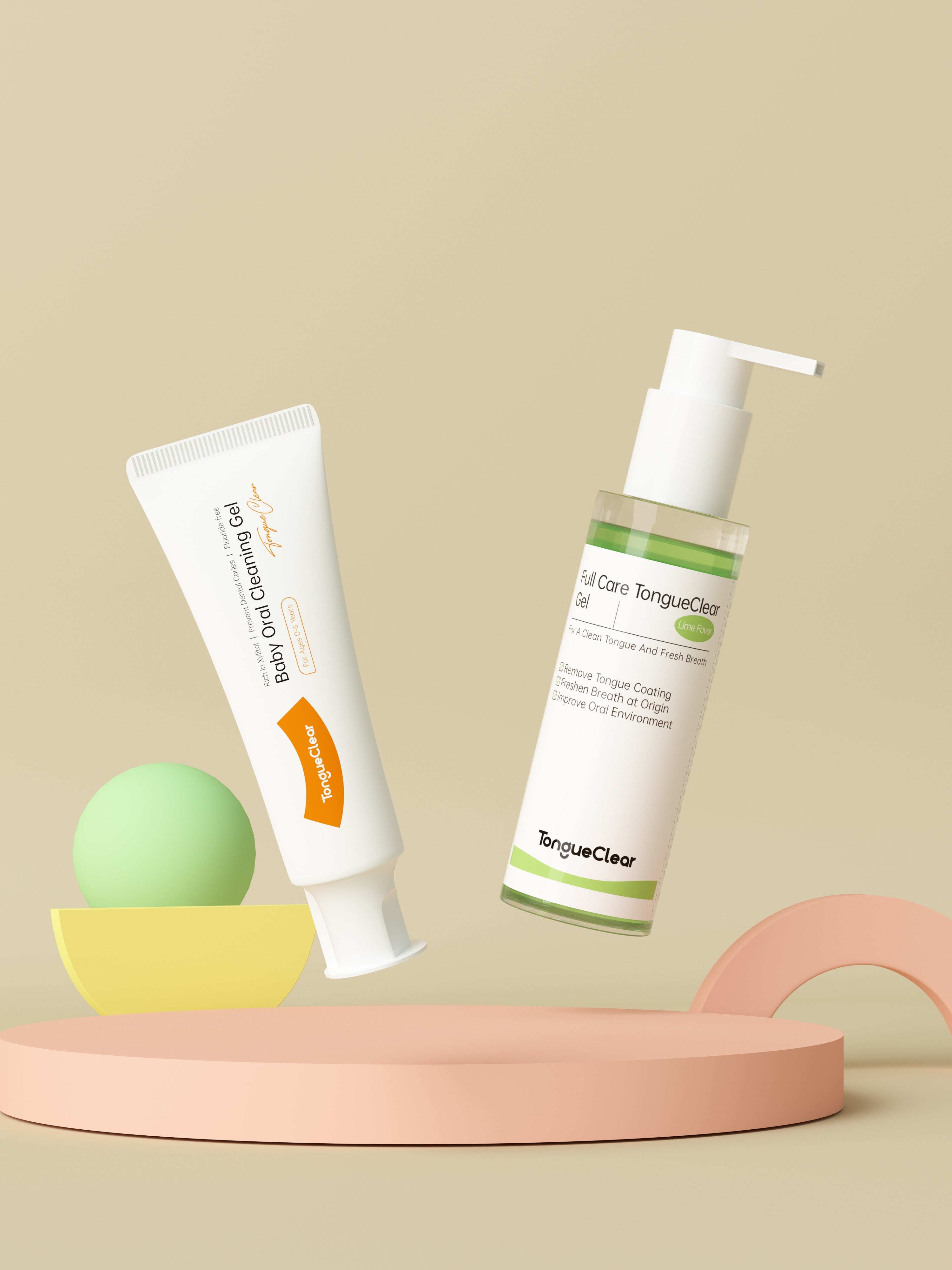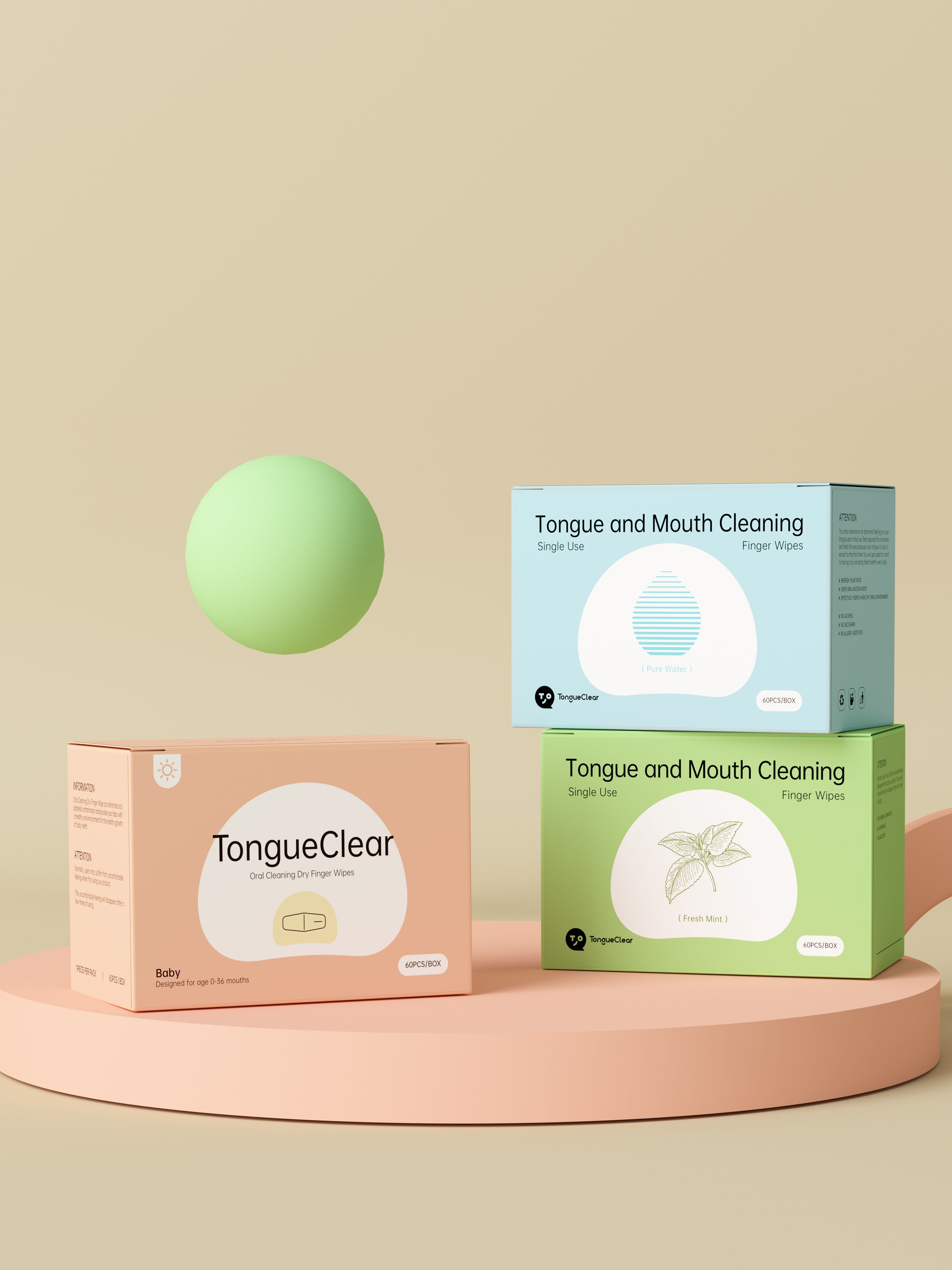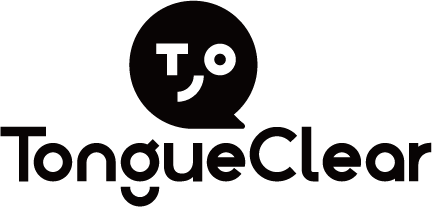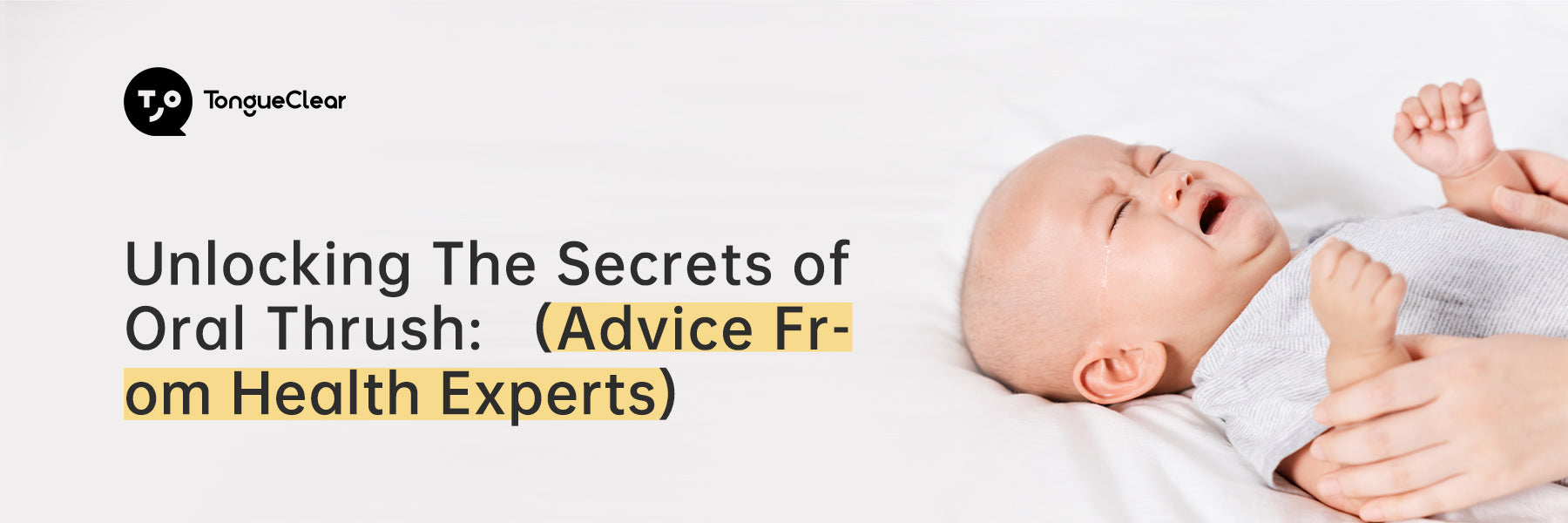
Unlocking the secrets of oral thrush: Advice from health experts
Oral thrush, also known as oral candidiasis, is a common oral disease. It is caused by Candida infection and usually affects infants, the elderly, and people with weak immune systems. Especially among infants, many mothers are still immersed in the joy of the baby's arrival. Because the baby's mouth is very delicate, they are worried or afraid that cleaning will hurt the baby, so they will ignore oral hygiene, which will induce oral diseases such as thrush. But don't panic, we only need to understand the symptoms, causes, treatments and preventive measures of the disease, so that we can better manage oral health.
What is thrush?
Thrush is a disease caused by a fungal infection, most commonly caused by Candida albicans. This fungus is normally present in the mouth, but under certain conditions, it can overgrow and cause an infection. Typical symptoms of thrush include white spots in the mouth, pain, difficulty swallowing, and dryness in the mouth. Sometimes, the infection can also cause redness, swelling, and discomfort in other areas of the mouth.
Causes of Thrush
Thrush can be caused by a variety of reasons, usually due to the following:
1. Low immunity: A weak immune system makes the body susceptible to infection.
2. Antibiotic use: Antibiotics kill the beneficial bacteria in the mouth, allowing Candida to multiply rapidly.
3. Diabetes: High blood sugar levels help Candida to grow, making diabetics more susceptible to infection.
4. Poor oral hygiene: Lack of good oral care habits can lead to an imbalance of bacteria in the mouth, increasing the risk of infection.
Although thrush is a common oral disease, it can cause great harm to the body if it is not treated in time. Therefore, once you find symptoms of thrush, you should go to the hospital in time and take effective treatment measures.
How to treat thrush?
If you have symptoms of thrush or suspect you have thrush, please see a doctor immediately. Treatment for thrush usually includes the use of antifungal drugs, such as fluconazole or clotrimazole. Maintain good oral hygiene and perform full oral cleaning regularly. It should be noted that brushing and flossing can only clean 25% of the oral area. The other 75% is made up of oral mucosa. Therefore, if you want to achieve true oral cleaning, you need to clean not only the teeth but also the oral mucosa. Only in this way can you effectively prevent reinfection and speed up recovery. At the same time, you should also reduce the consumption of irritating foods and keep your diet light.
How to prevent thrush?
The key to preventing thrush is to maintain oral health and good living habits. Here are some effective preventive measures:
Regular oral cleaning: Brush your teeth at least twice a day and use dental floss to clean the residue between the teeth. At the same time, use oral mucosal cleaning tools to clean the oral cavity other than the teeth, so as to achieve true full oral cleaning, remove harmful bacteria, and maintain oral hygiene.
Healthy diet: Maintain a balanced diet and reduce sugar intake to reduce the chance of Candida growth.
Exercise and fitness: Exercise to enhance immunity and prevent infection caused by low immunity.
Regular health checks: Especially for diabetics, regularly monitor blood sugar levels and maintain a healthy lifestyle.
Share



